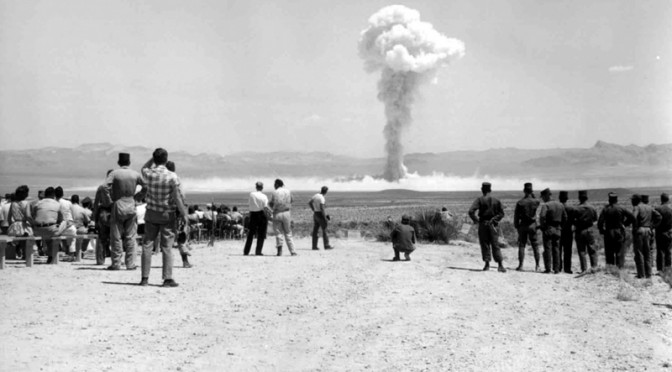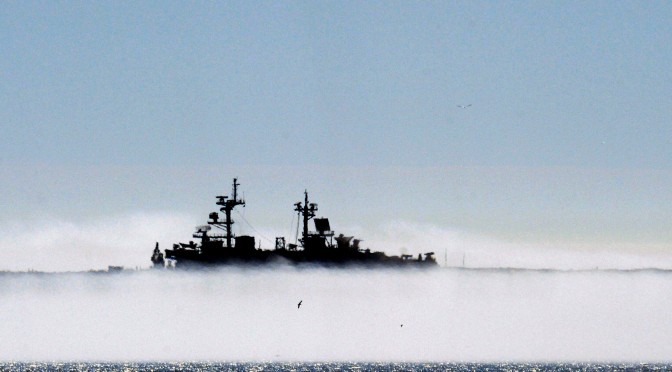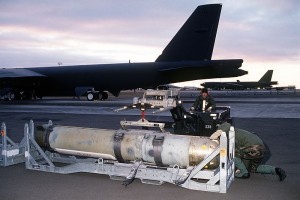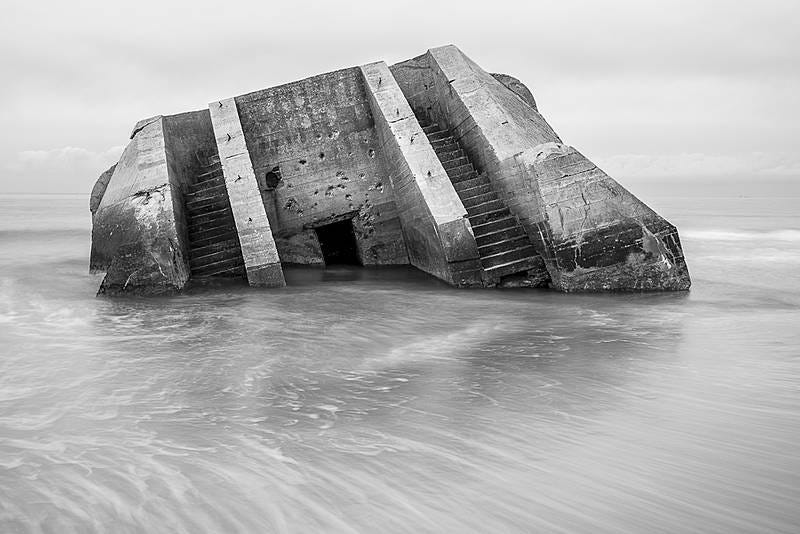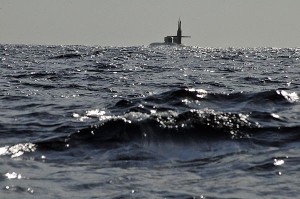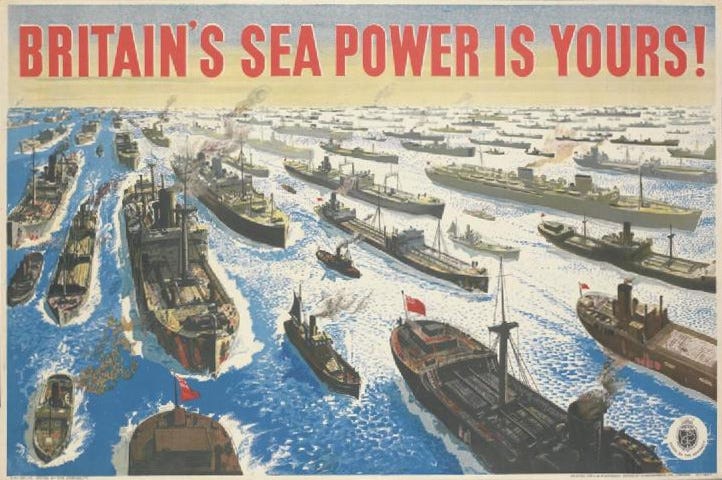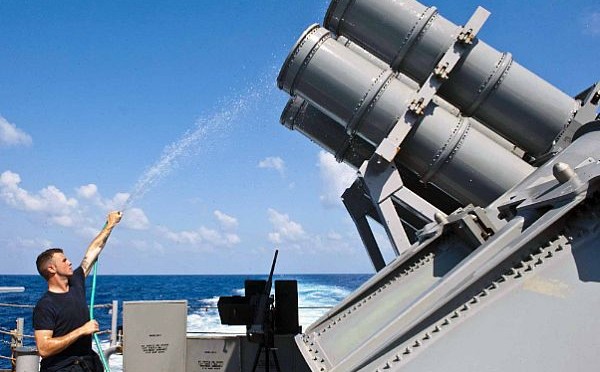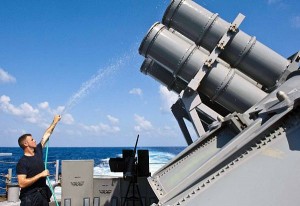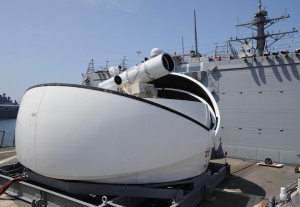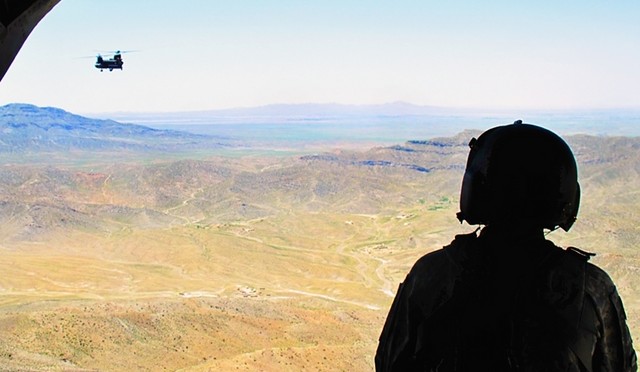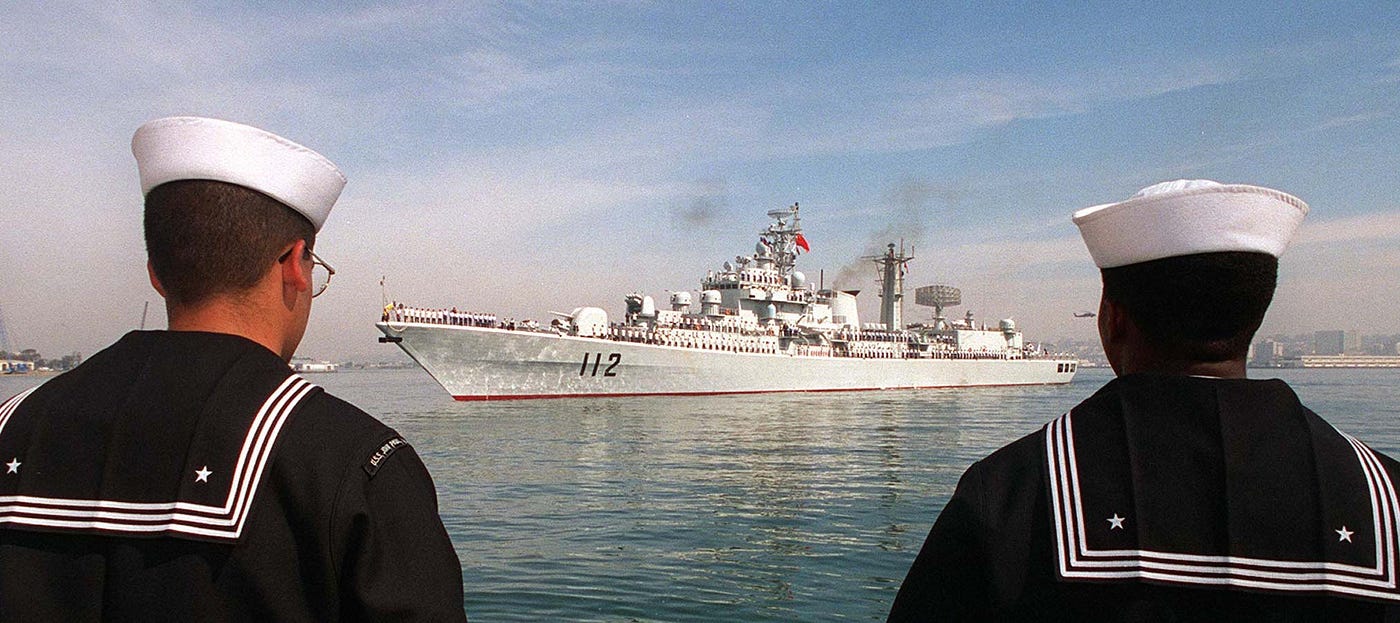This essay is part of the Personal Theories of Power series, a joint Bridge–CIMSEC project which asked a group of national security professionals to provide their theory of power and its application. We hope this launches a long and insightful debate that may one day shape policy.
Matthew Hallex and Bruce Sugden are defense analysts in Northern Virginia. Their opinions are their own and do not represent those of their employer or clients.
Harold Winton suggests “strategic theory has one foot in reality and another in concepts.”[1] Strategic thinking about nuclear weapons, as practiced in the United States, certainly has one foot in concepts, but its grounding in reality is much shakier. Nuclear thinkers had no data-rich nuclear history to work from and so they built their theory upon deductive models. The result is a body of thought that reflects less an understanding of the worth of nuclear weapons for military practitioners than a collection of elegant models and American preferences that are confused with universal truths. In addressing the topic of nuclear weapons and strategy, we attempt to offer not a novel construct for thinking about nuclear weapons, but to highlight some of the shortcomings of the dominant approach to thinking about strategy and nuclear weapons and to suggest some guideposts to improve strategic thinking.
What’s the use of strategic theory?
Strategic theory should assist the strategist in formulating an effective strategy and should shed light on the proper use of force.[2] The primary take-away a strategic theory should offer the military practitioner is not a collection of lessons that will lead to victory, but, as Frans Osinga stated in his study of John Boyd’s strategic thinking, an illumination of guideposts or “things that need thinking about. It must provide insight and questions, not answers.”[3] This echoes Clausewitz’s observation that theory is a guide to self-education.[4] It is about creating the proper cast of mind to think about the use of force in a particular strategic environment and to consider the relationships between ends, ways, and means within that context.

What is wrong with the dominant U.S. approach to thinking strategically about nuclear weapons?
Lawrence Freedman makes a useful distinction between strategists and the group of “nuclear specialists” who arose in the early days of the Cold War when the insights of classical strategy seemed inadequate to the challenge posed by nuclear weapons.[5] These specialists developed nuclear thought into a technical discipline that relied on deductions and models and grew insensitive to the operational and political challenges of nuclear use — the challenges that a strategic theory must address if it is to be useful for practitioners.
The escalation ladder is one example of the work of nuclear specialists. While the 44 rungs of Herman Kahn’s ladder, covering all states of conflict from peace to Armageddon, has value as an analytical heuristic, its value for military practitioners is less clear. As Colin Gray points out “because one can conceive of thresholds for thought, it does not follow that those thresholds in fact exist. An escalation ladder, in the minds of a harassed policy maker, may offer an illusion of control…that is likely to be negated by the systemic nature of conflict. In the mind of the adversary, some of the rungs may be missing.”[6]
To wit, the ladder metaphor has never fit well with the Russians’ view of escalation. While the American approach to escalation, which often times is incremental and gradual, was reflected in the linear concept of the escalation ladder, Russian strategic thought has seemed to have at its core the idea of “rapid, large-scale escalation.” In the 1960s, Russian strategists expected intercontinental nuclear strikes between the United States and the Soviet Union to occur at the same time as, or precede, major combat in the theaters bordering the Soviet Union.[7] Furthermore, as Stephen Meyer showed in his study of Soviet doctrinal writings, the “destruction of military-industrial targets in the strategic rear (i.e., in the US and Britain) would have taken place during the initial stages of the conflict.”[8] In the 1990s, former Soviet military officers and defense officials revealed to DOD contractors that in the 1970s the Soviets did not think of “managing a nuclear war by climbing a ladder of escalation . . . .”[9]

Since 2000, in the wake of U.S.-NATO military operations against Serbia, Russian strategists have been speaking of “de-escalation of military operations” with an eye on deterring the intervention of the West into conflicts within Russia’s “Near Abroad.” In other words, they are thinking about employing nuclear weapons to compel a strong opponent to de-escalate and lower tensions on terms favorable to Russia.[10] Russian military exercises and simulations have included “limited” nuclear strikes against military targets in Europe, the Asia-Pacific region, and in the continental United States using long-range air-launched cruise missiles.[11]
Contemporary American strategic dialogue has done little to address the inadequacies of “golden age” nuclear thinking. Rather, it has abandoned serious thinking about the role of nuclear weapons in strategy. A tremendous amount of ink is spilled discussing the characteristics and strategies of a conflict between China and the United States, for example, with almost no thinking about the role of nuclear weapons aside from a generalized desire to “control escalation” and remove the prospect of nuclear use from consideration in that envisioned great power war. The discussion of the role of nuclear weapons in the national security of the United States is reduced to determining the smallest number targets to be serviced rather than engaging with the strategies and doctrines embraced by our potential adversaries.[12]
These decades-spanning problems with the U.S. approach to thinking strategically about nuclear weapons have a common problem: they confuse U.S. preferences and experiences with universal insights into the nature of nuclear weapons. For the early nuclear thinkers it was a product of lacking insight into what Russia and other nuclear states thought about nuclear weapons and how they developed their strategies and doctrines. In the face of incomplete information, the early thinkers extrapolated from U.S. nuclear thought. Contemporary U.S. thinkers, broadly speaking, have decided that nuclear use is impossible or at least serves no military ends, and therefore it is simply unnecessary to engage as seriously with nuclear weapons as their Russian and Chinese counterparts continue to do.
How to improve strategic thought
How then should we think strategically about nuclear weapons? Strategic thinking needs to be liberated from dense prose and a fondness for systems analysis and game theory (as useful as they are in their own right) in looking at particular military problems and made accessible to practitioners. Nuclear thought that would be useful for military practitioners will have three features:
1. Placing nuclear weapons in the broader strategic context. “Nuclear strategy” is not a separate beast from “strategy.” While the technical implications of nuclear weapons were significant they did not truly change the nature of war, nor did they change the ways by which we should think about it. Strategic designs and campaign plans ultimately act upon human minds to shape decision-making, but because we cannot know with certainty how adversary decision makers will develop their own strategies and react to our strategy and threats, even a strategy of deterrence has to have at its core war-making capabilities.[13] Plain and simple: a strategy designed to deter nuclear weapons use might fail, and so the United States might have to employ nuclear weapons to achieve its war aims. If nuclear strategy is to be useful it must be grounded in the broader strategic discussion focused on human psychology, decisions, and action. Thucydides and Clausewitz are no less useful in the nuclear age, and nuclear weapons and operations should be integrated into this deeper conversation about the ways U.S. means could be employed to achieve political ends.
2. Nuclear thought has national character. U.S. thinking about nuclear weapons must be responsive to foreign ideas about nuclear use if it is to be relevant to military practitioners. Furthermore, most bodies of military theory reflect the contributions of thinkers from different national and strategic contexts, addressing different geopolitical and military challenges and different technical environments. Mahan and Corbett offer different and often contradictory approaches to addressing seapower but make the discussion richer for it. In the contributions of the U.S. thinkers of the Cold War, we may have our nuclear Mahan. Now we need to be on the lookout for a nuclear Corbett among the thinkers of Russia, China, and other nuclear powers.
3. Thinking about nuclear weapons and strategy should be military minded. Nuclear weapons are not an abstraction; they are weapons. If strategy is to be serious it must grapple with this fact directly. Taking a lesson from Russian strategic thinking and nuclear war planning, we need to think about how countries might employ nuclear weapons in conjunction with other means to achieve their ends, and how the United States might have to threaten to use or actually employ nuclear weapons to achieve its war aims, especially if preferred conventional military means turn out to be inadequate to the military tasks at hand.[14] U.S. policies can change quickly in a crisis or a conflict when the president determines that vital U.S. interests are at stake, and U.S. military practitioners need to be ready to apply all the military tools at the disposal of the president.

